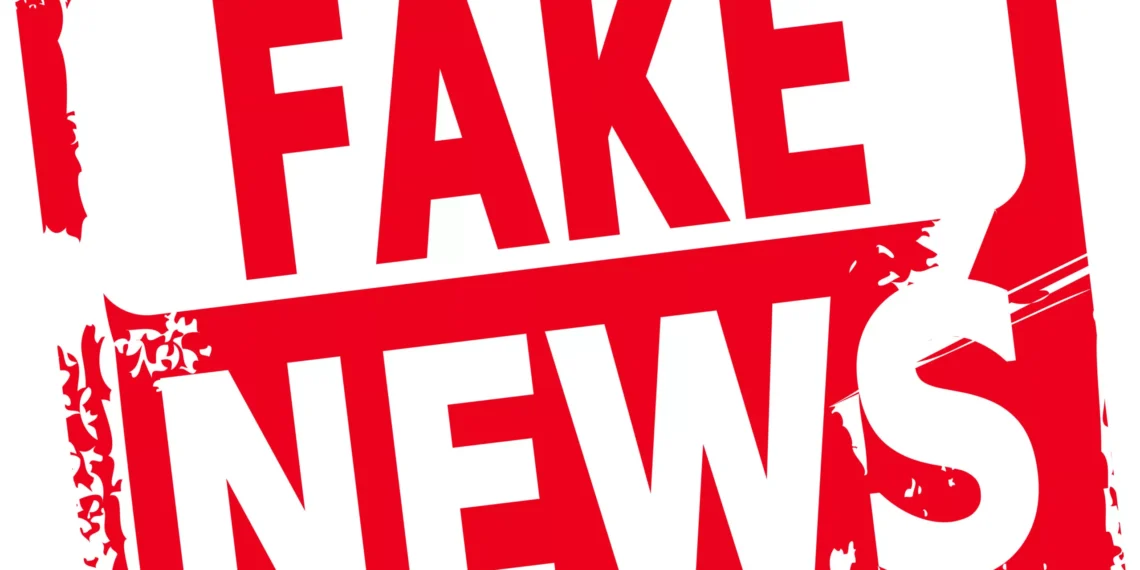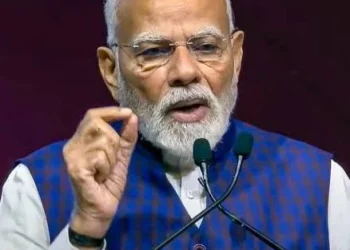After fake statements falsely linked to Kuki-Zo and Naga organizations went viral, questions rise about the unseen actors manipulating Manipur’s fragile peace.
BY PC Bureau
July 25, 2025 – In the restive hills of Manipur, a new and insidious threat is gaining momentum: the unchecked spread of fake press releases. These forged documents, crafted to appear as official statements, are being weaponised to deepen communal fault lines, incite violence, and undermine the credibility of legitimate voices.
The growing trend came into sharp focus with a series of fabricated press releases circulated on July 23–25. These developments underscore a dangerous truth: in an era of viral misinformation, a single false document can ignite real-world conflict.
This isn’t a hypothetical threat—it has precedent. The ethnic violence that engulfed Manipur in 2023 was, in part, triggered by a series of fake propaganda. This baseless rumours sparked a wave of outrage, retaliation, and violence, leading to loss of life, destruction of homes, and the collapse of trust between the Meitei and Kuki-Zo communities. It is a grim reminder that falsehoods—once unleashed—can cause irreversible damage.
The latest spate of fake press releases follows the same dangerous pattern. On July 23, a forged statement attributed to the Young Kuki organisation falsely claimed demands for a separate state and ancestral land rights for Nagas and “Zolands”. The document was quickly identified as fake and stamped accordingly by vigilant individuals.
READ: Daring Jailbreak: Life-Term Inmate in Soumya Murder Case Escapes, Manhunt on
On July 24, another inflammatory press release—this time falsely attributed to the Kuki-Zo Council (KZC)—sought to incite hostility between communities. The KZC swiftly issued an official clarification, categorically denying the authenticity of the document.
Fake PR :
The dangerous of fake news and Fake PR:
Let’s all remember that even Manipur violence was also started because of fake 41 Meitei nurse rap&d in Lamka.We have seen how destructive and caused untold suffering to both the community..
let’s be weary of all this fake PR… pic.twitter.com/W2xOYf2P6S— Astor (KUKI KA PARIVAR) (@Khulkonns_3382) July 24, 2025
Even the Eastern Liangmei Naga Chief/Chairman Association was not spared. A fake directive circulated in its name prompted a strong condemnation from its president, Poulung Chawang, who labelled the act a “malicious attempt to defame and divide”.
Exploiting Trust, Deepening Divides
A clear pattern is emerging: unknown miscreants are exploiting the names of respected ethnic and civil bodies to manufacture and distribute disinformation. The targets are consistent—Kuki, Naga, and other communities already grappling with tension and trauma. The aim appears equally clear: disrupt social harmony, erode mutual trust, and provoke retaliation under the guise of communal interests.
Despite official denials and clarifications, the damage is often already done. Once these fake press releases enter circulation—particularly through platforms like WhatsApp and Facebook—they spread rapidly, inflaming public sentiment and heightening inter-community mistrust.
READ: Liangmai Nagas Lament NSCN-IM’s Extortion Tactics
Fake press releases not only mislead the public but also sabotage the legitimacy of genuine organisations. They breed a climate of doubt where every press statement is suspect and every clarification is too little, too late. They also weaken the very channels of communication communities rely on during crises.
The misuse of ethnic identities in these fabrications is particularly dangerous. It not only fans communal flames but also deters future efforts at unity and dialogue, turning even neutral actors into perceived threats.
The solution lies in vigilance, responsibility, and verification. The people of Manipur—already scarred by cycles of violence—must adopt a zero-tolerance approach to misinformation. Unverified press releases should not be shared or acted upon until confirmed by the concerned organisations or official channels.
The Kuki-Zo Council, for instance, has urged the public to rely on its verified WhatsApp and social media handles for authentic updates. Similarly, the Eastern Liangmei Naga Chief/Chairman Association has called for legal action against those responsible for spreading fake content.
In a region still recovering from recent scars, the rise of fake press releases is more than a nuisance—it is a direct threat to peace, unity, and truth. The people of Manipur must collectively reject this tide of deceit. Verify before sharing. Pause before reacting. Question what you read.













